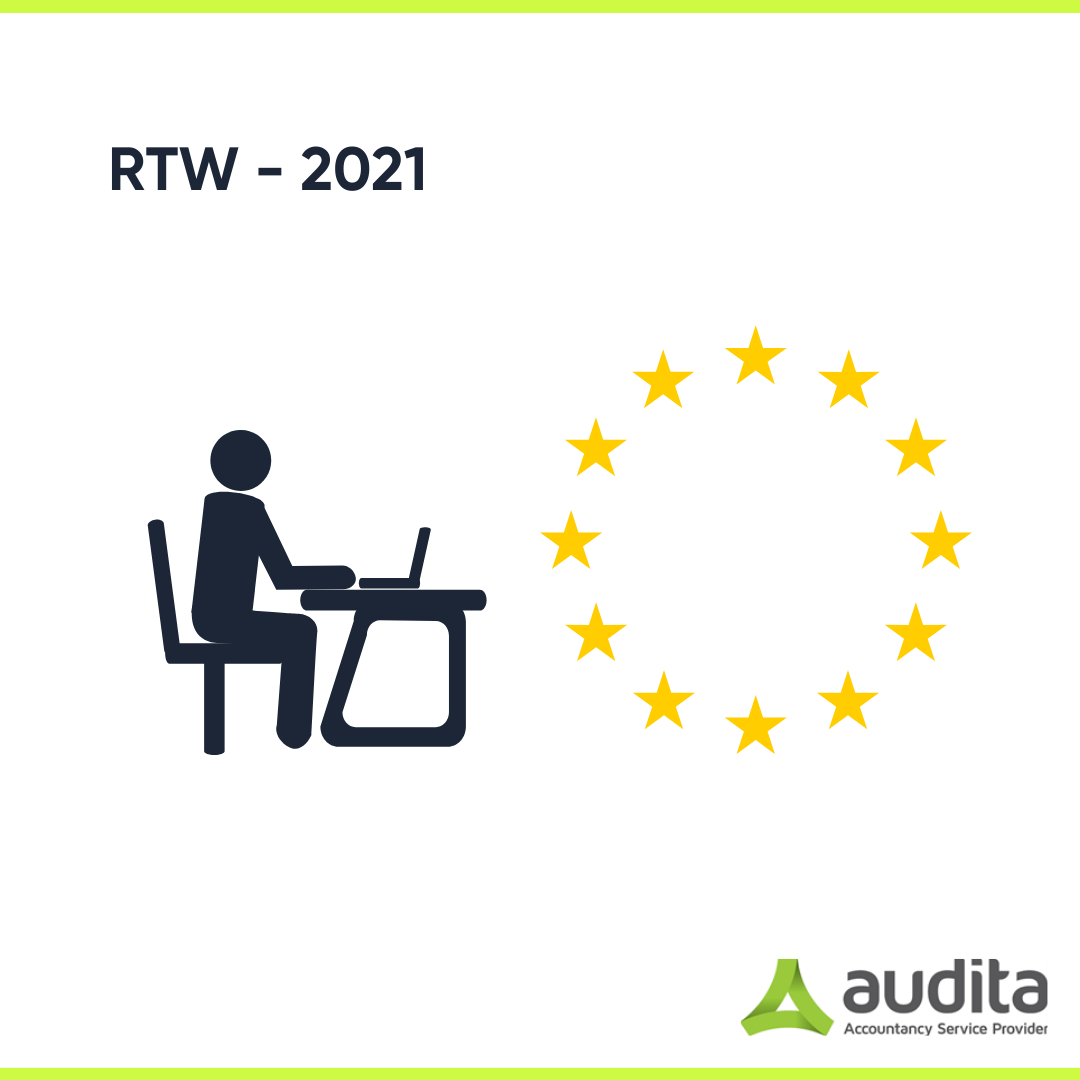
Right to Work Checks for EU Workers in the UK 2021
Up until 30 June 2021, EU workers needed only to present their passports or national ID card as evidence of their right to work in the UK. However, following the implementation of Brexit, EU workers will now need to apply for immigration and thus formalize their status in order to continue working in the UK. They can do this by applying to the EU Settlement Scheme before 30 June 2021.
Duties of EU Workers
Both employers and EU workers may refer to the updated code of practice recently published by the UK Home Office which will be in effect from 1 July 2021. A majority of the changes made in the document relate to penalties and liabilities to be levied in the event of an EU worker becoming an illegal worker. It also includes the various checks required against EU or Swiss Nationals.
The updated code of practice now allows the following documents to be accepted as evidence by EU workers for their right to work in the UK:
- Documents issued to EU workers or Swiss Nationals by the Bailiwick of Jersey or Guernsey
- Frontier worker permits
- Irish passports
Those EU workers who have already registered themselves and have a digital status under the EU Settlement Scheme will have to prove this to a new employer using either biometric documents or frontier worker permits through their online checking service. Manual checks can still be done for those possessing physical documents.
Other changes within the code of practice for EU workers in the UK relate to the employer checking service (ECS) which can be used to verify EU workers’ right to work in the UK when they are unable to provide necessary proof of it. According to the code of practice, if an ECU request remains unconsidered for up to five working days, the employer will get an automated response consisting of a confirmation to hire the individual. In this case, the employer will be granted a statutory excuse to a civil penalty against illegal working (which is usually upwards of £20,000). However, if a negative verification is received, the employer will have to conduct his/her own thorough investigation before deciding to terminating the worker’s employment.
Apart from the above, the framework and structure of both Lists ‘A’ and ‘B’ remain the same (even though items within these lists have been changed). List ‘A’ lists down all the documents that will ensure a statutory excuse provided they are all checked and verified thoroughly. List ‘B’ contains a list of documents that provide individuals with the temporary right to work. In this case, employers must ensure that they complete repeated checks as and when they are required.
Regardless, agreements and contracts determined between the employer and the individual should be made conditional on the latter’s ability to be able to work in the UK.
Employer’s Duties
The obligation of the employer is to conduct pre-employment checks of all EU workers he/she may have in his/her employ in order to ensure that they continue to have the right to work in the UK. For temporary workers, it is essential to conduct follow up checks as and when required. Once the checks are completed and are in line with Home Office’s requirements, the employer will be issued a statutory excuse to a civil penalty of up to £20,000 per illegal worker, should the individual eventually become an illegal worker.
Should the employer fail to complete certain checks, there is no immediate liability. However, this results in the employer being unable to defend himself or herself in the case of a civil liability for illegal working.


